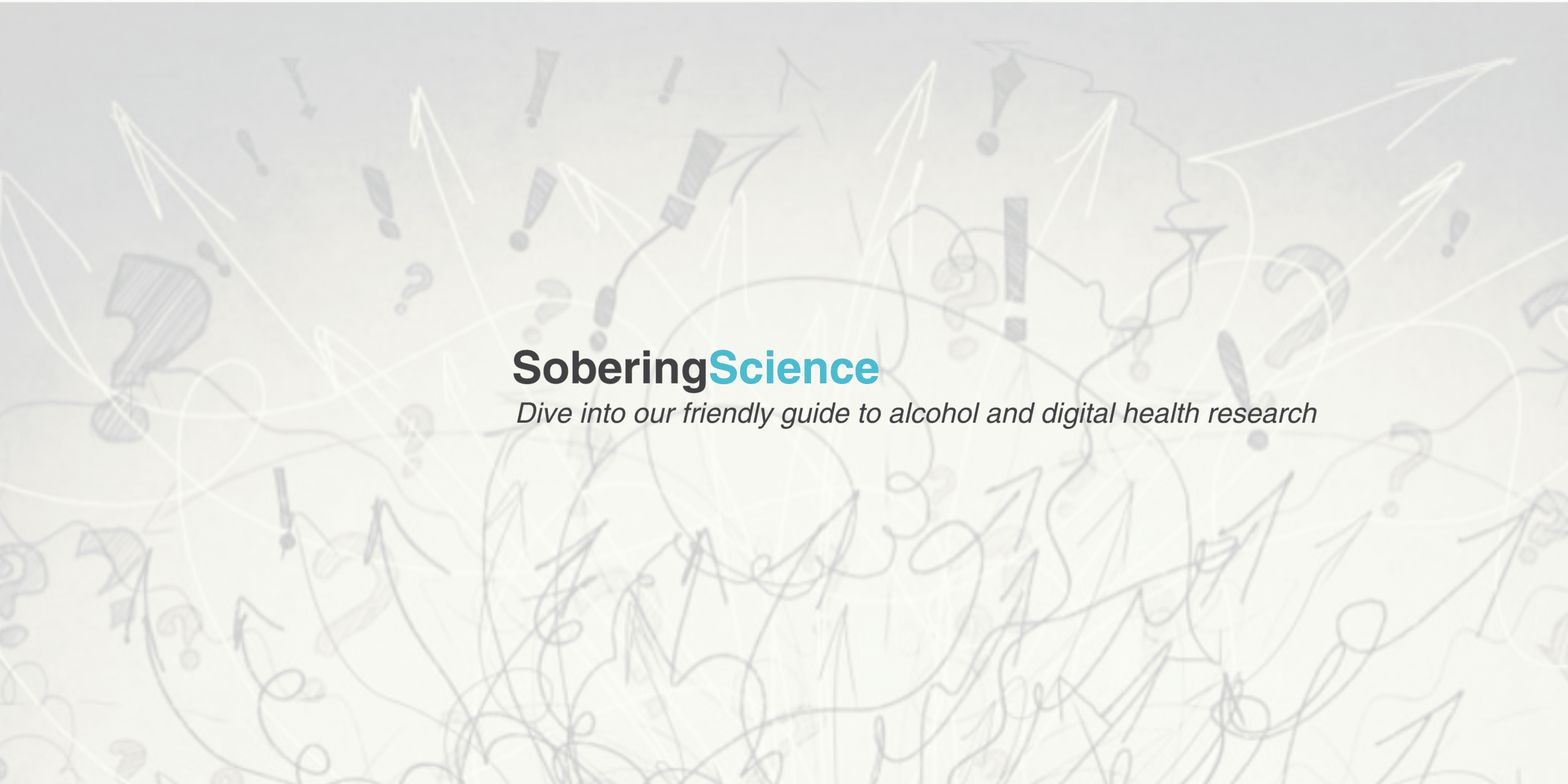
Sobering Science: can our thoughts make hangovers worse?
Many people who drink alcohol are familiar with the dreaded hangover. A hangover happens when the effects of drinking alcohol wear off and tiredness, nausea and headache sets in. But it’s not just the body that suffers—the mind can too. Some people feel anxious or depressed after drinking, which is known as "hangxiety."
One possible reason for hangxiety is having difficulty managing emotions so that it’s hard for a person to calm or soothe themselves. Another reason is what’s known as ‘repetitive negative thinking’. This means that some people overthink or overanalyse problems in a way that feels uncontrollable, such as excessive worrying or dwelling on mistakes or difficult experiences.
People with this type of thinking pattern and are more likely to experience anxiety and depression, and are also more likely to drink alcohol to manage uncomfortable thoughts and feelings. Researchers wanted to find out if negative thoughts also make people feel worse when they are hungover.
What was the study?
Researchers first surveyed 136 university students who drank alcohol and measured their drinking habits, levels of anxiety and depression, how they managed emotions, and their thinking patterns.
Two weeks later, the same students reported whether they had experienced a hangover and, if so, whether they felt anxious or depressed during it. They also answered questions about negative thinking.
What were the results?
- people who struggled with managing their emotions were more likely to feel anxious or depressed during a hangover.
- people who frequently had negative thinking patterns had stronger hangover-related anxiety and depression, especially if they also had difficulties managing their emotions.
- people who already had higher levels of anxiety and depression were more likely to have uncomfortable emotions during a hangover.
Why is this important?
Understanding these factors can help explain why some people are more prone to hangover anxiety and depression than others.
If people have trouble calming their emotions and worry excessively, addressing these issues could help reduce the impact they have not only on hangovers, but on how people drink in general.
Cognitive behavioural therapy (CBT), including stress management techniques, help people manage their emotions more effectively and develop more positive ways of thinking.
If you’d like to try CBT yourself, we’ve recently launched our new digital CBT program, Hello Change.
In a nutshell
So, can our thoughts make hangovers worse?
This study showed that yes, having a pattern of negative thinking, especially when it’s combined with difficulty managing uncomfortable emotions, can definitely make hangxiety worse.
While hangovers are often seen as a temporary inconvenience, for some people, they come with serious emotional consequences. The good news is that CBT is an effective psychological treatment that helps people learn healthy ways to manage their emotions and thoughts, and even change their relationship with alcohol if they want to.
At Hello Sunday Morning, all of our programs are based on the best research evidence available. Try out our self-assessment, Drink Tracker, and our supportive and anonymous Daybreak community who will cheer you on, every step of the way.








